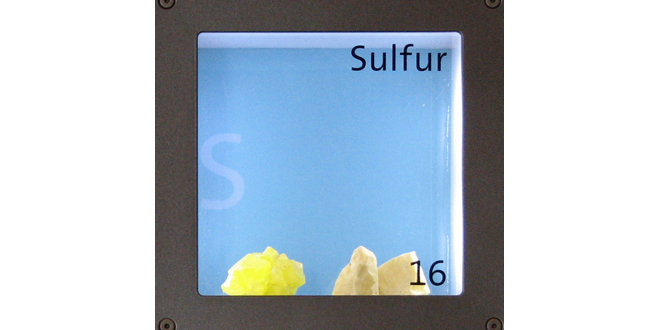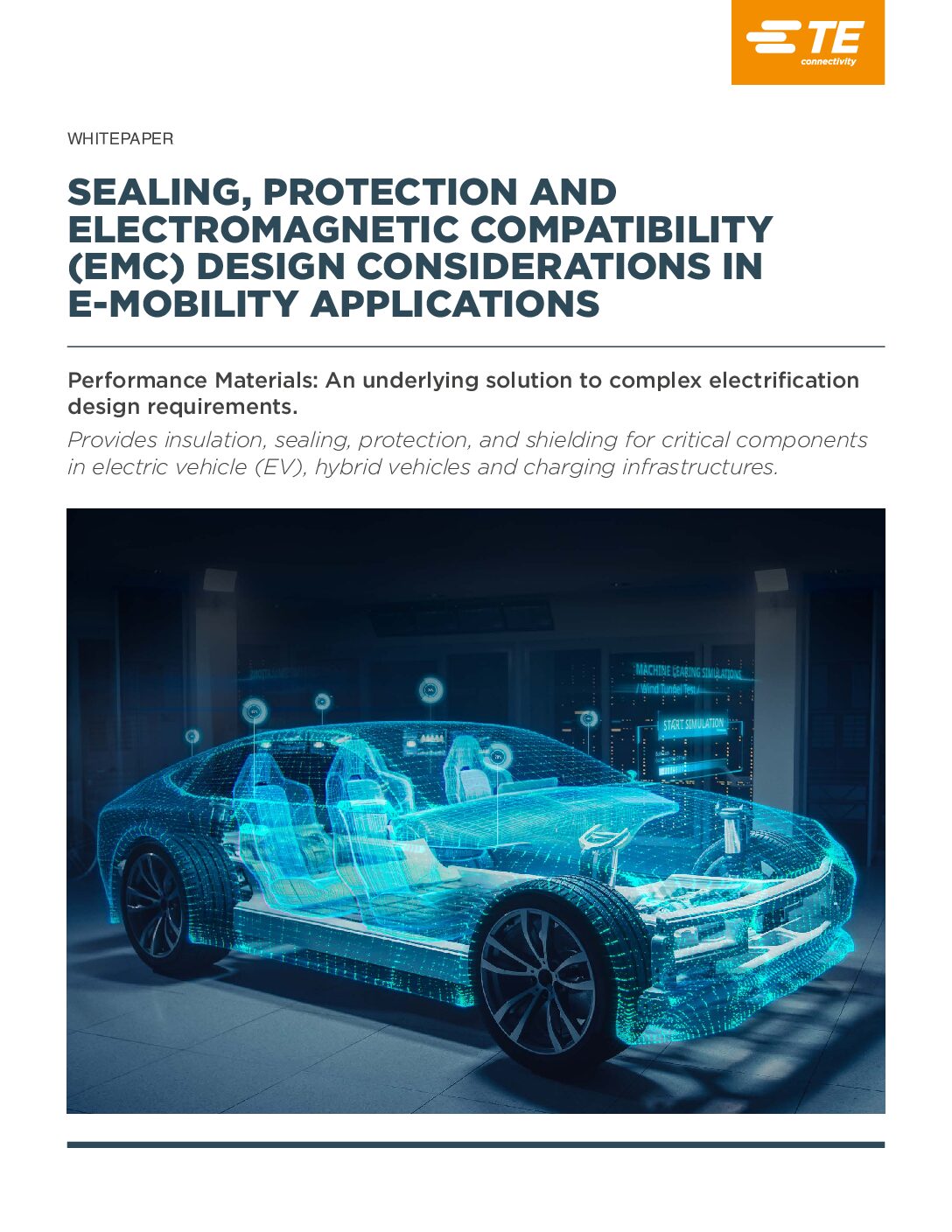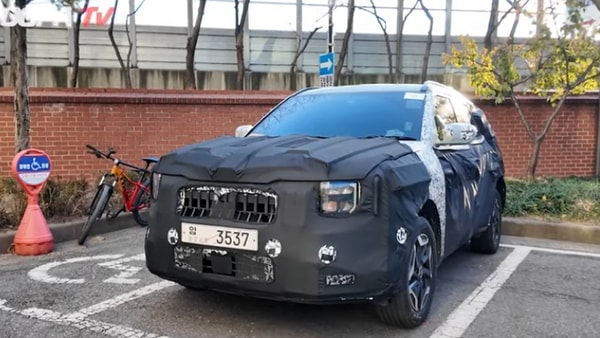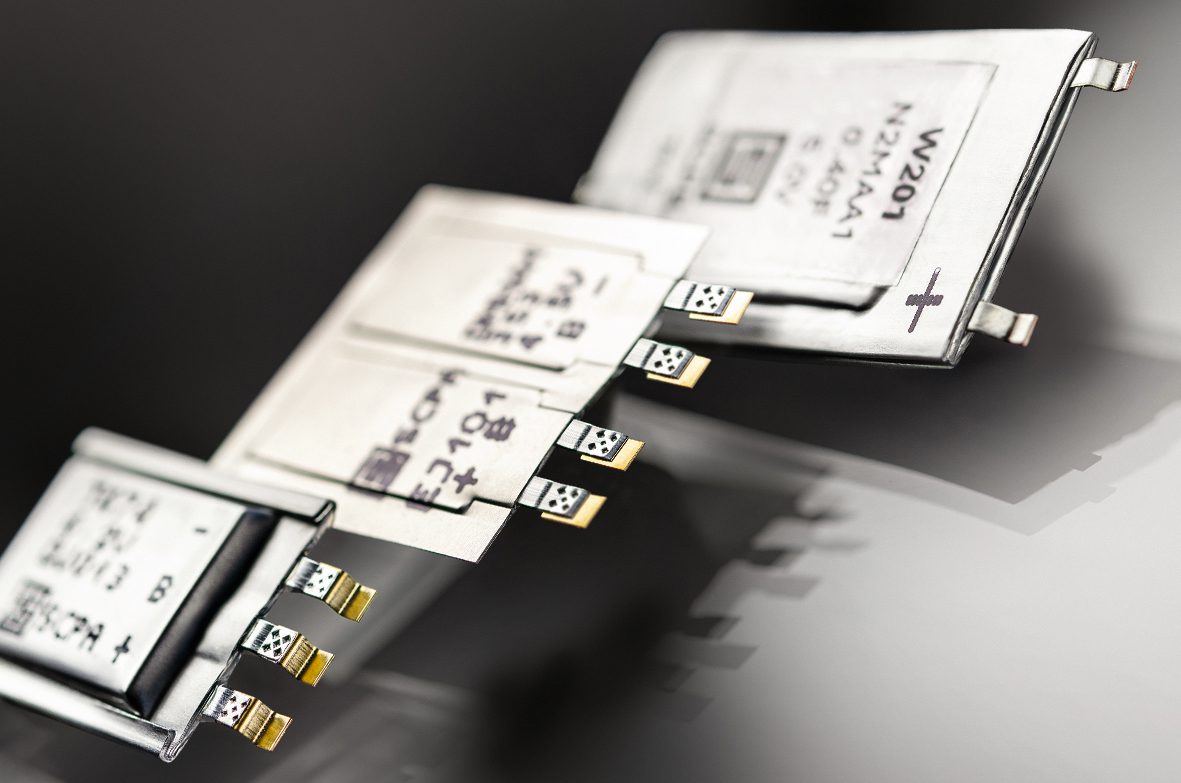SMU research team extends lithium-sulfur battery life
Researchers at Southern Methodist University (SMU) in Texas have found a way to expand the lifespan of lithium-sulfur (Li-S) batteries. SMU Mechanical Engineer Donghai Wang and his research team have been able to prevent Li-S batteries from producing an unwanted side effect known as polysulfide dissolution that appears over time, shortening their lifespans. Wang and... Read more »


Researchers at Southern Methodist University (SMU) in Texas have found a way to expand the lifespan of lithium-sulfur (Li-S) batteries.
SMU Mechanical Engineer Donghai Wang and his research team have been able to prevent Li-S batteries from producing an unwanted side effect known as polysulfide dissolution that appears over time, shortening their lifespans. Wang and his team have found a way to fix this issue by using what they called a hybrid polymer network cathode.
A study published in the journal Nature Sustainability shows that the team’s newly developed hybrid polymer network cathode allows Li-S batteries to deliver over 900 milliampere-hours per gram mass (mAh/g), compared to the typical 150-250 mAh/g capacity in lithium-ion batteries. That means it can preserve a much higher amount of electrical energy.

“This breakthrough could lead to more durable, long-lasting batteries,” said Wang, the Brown Foundation Chair of Mechanical Engineering and Professor of Mechanical Engineering at SMU Lyle. “Our cathode uses multiple sulfur bonding tethers, atomic adsorption, and fast Li-ion/electron transport at the molecular level. This combination allows for real-time re-bonding and adsorption of any unbound sulfur species, thus effectively eliminating soluble polysulfides and extending the battery’s cycle life.”
Source: Southern Methodist University

 admin
admin 


















